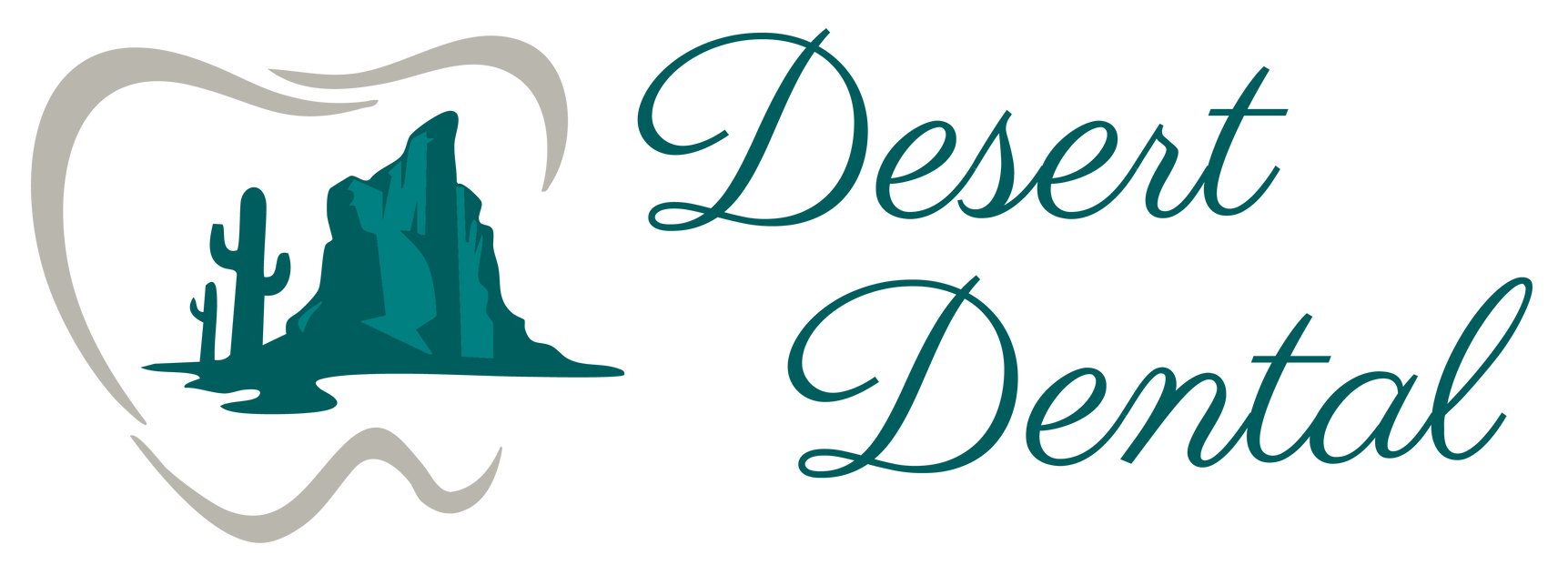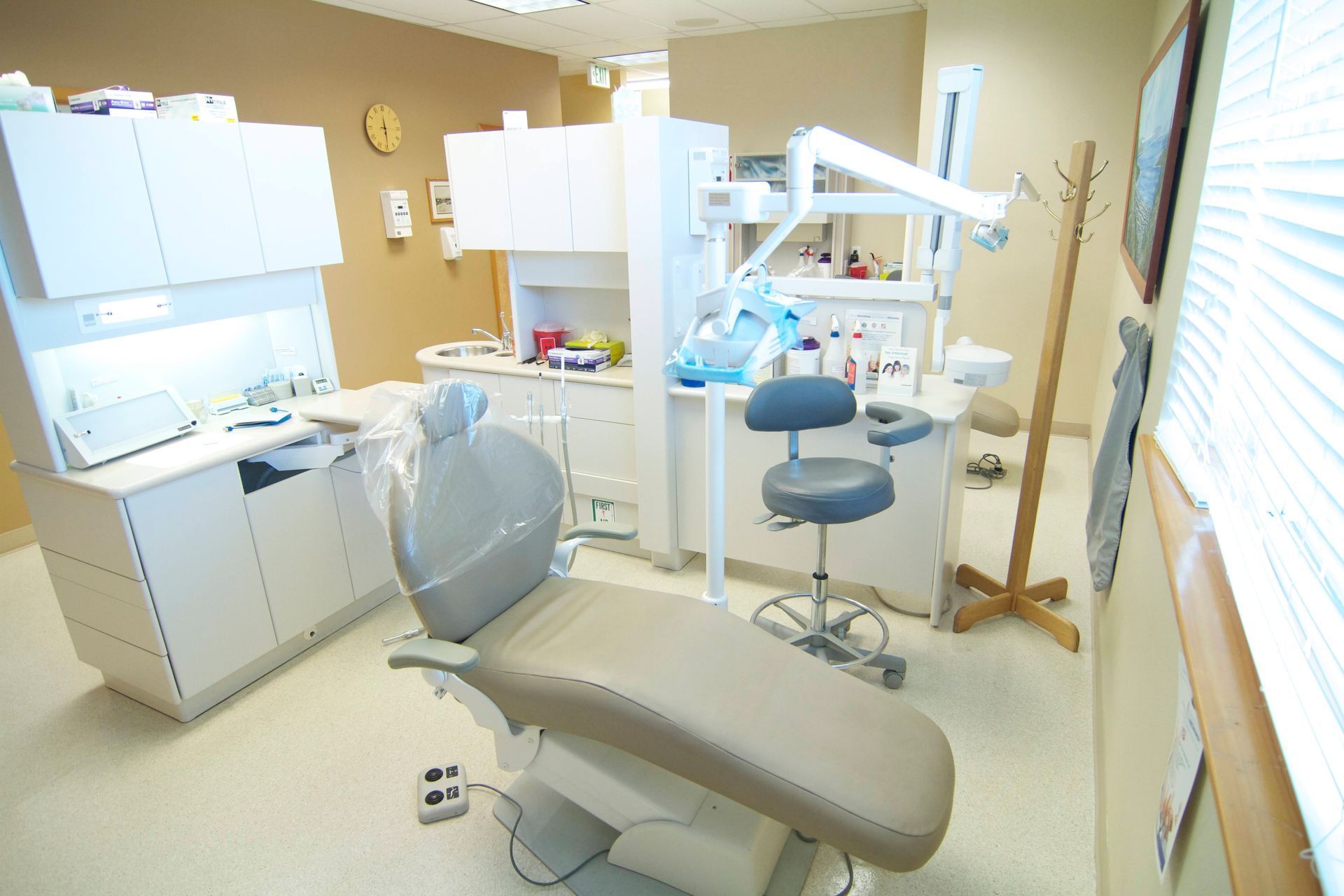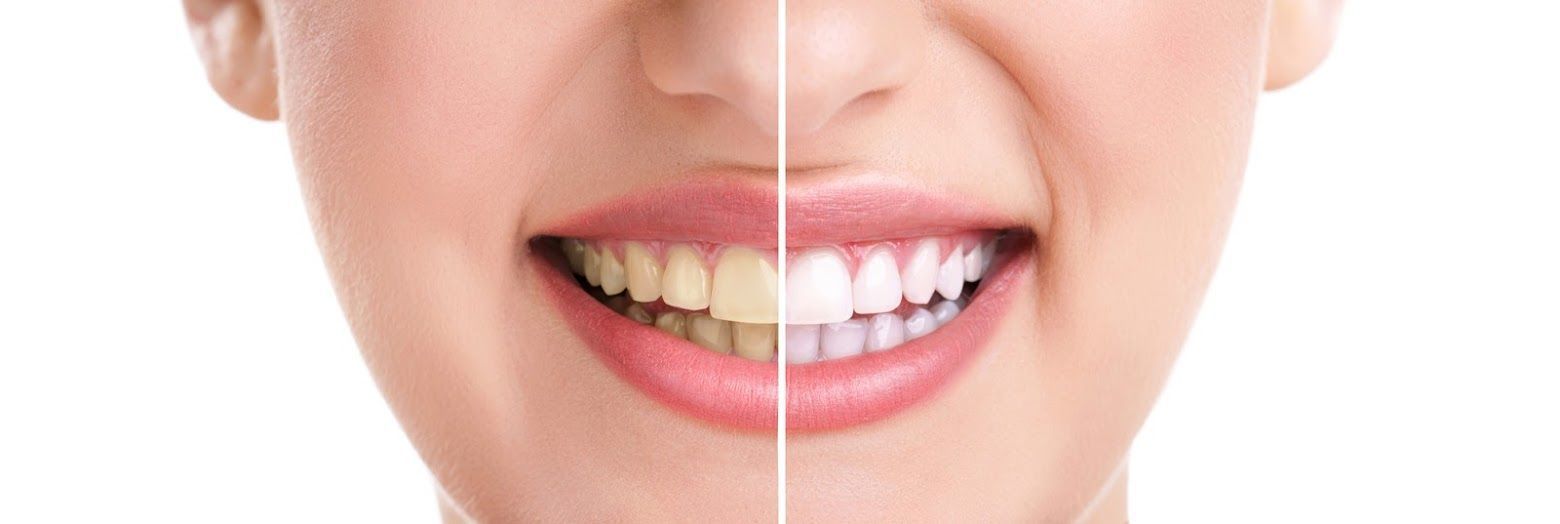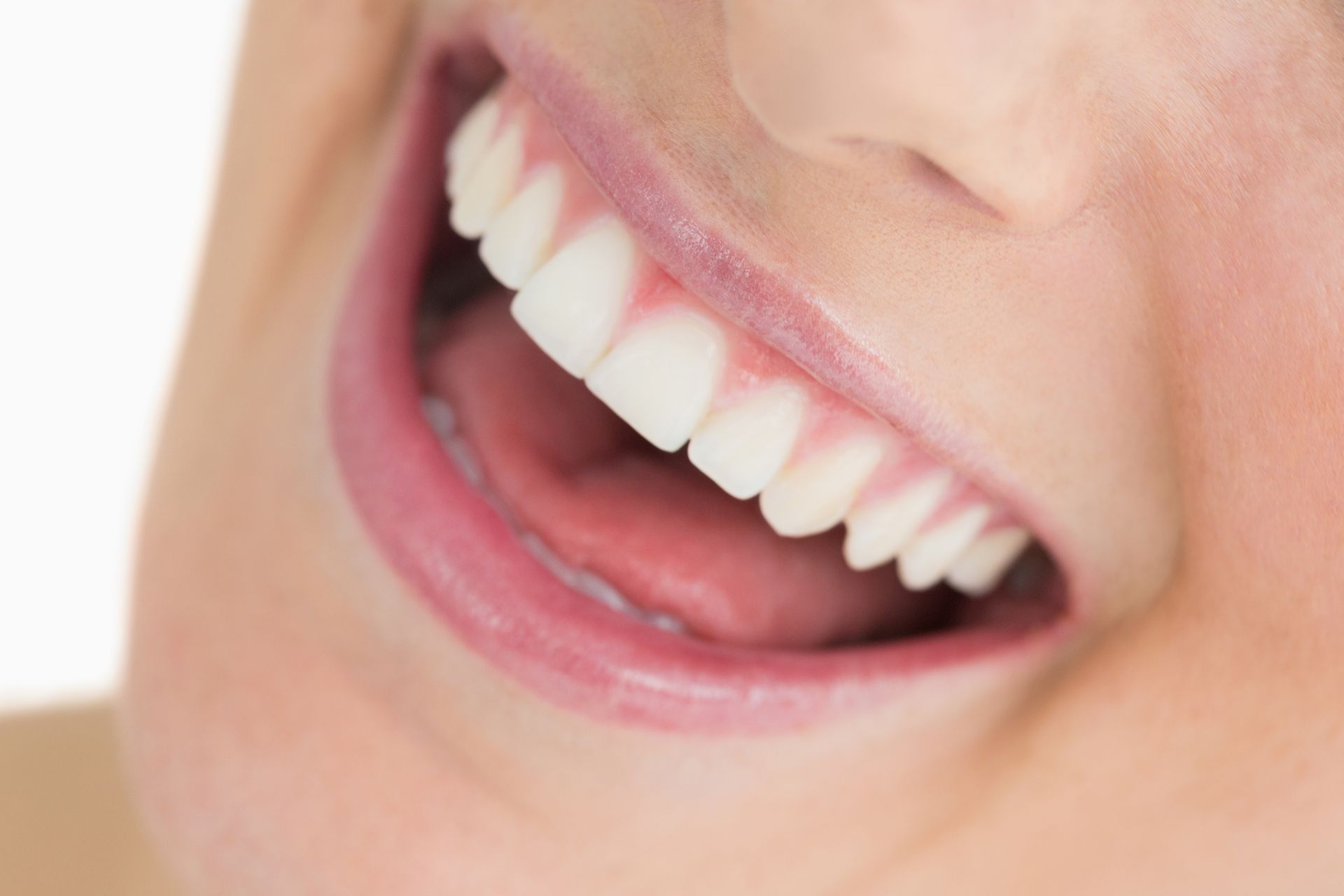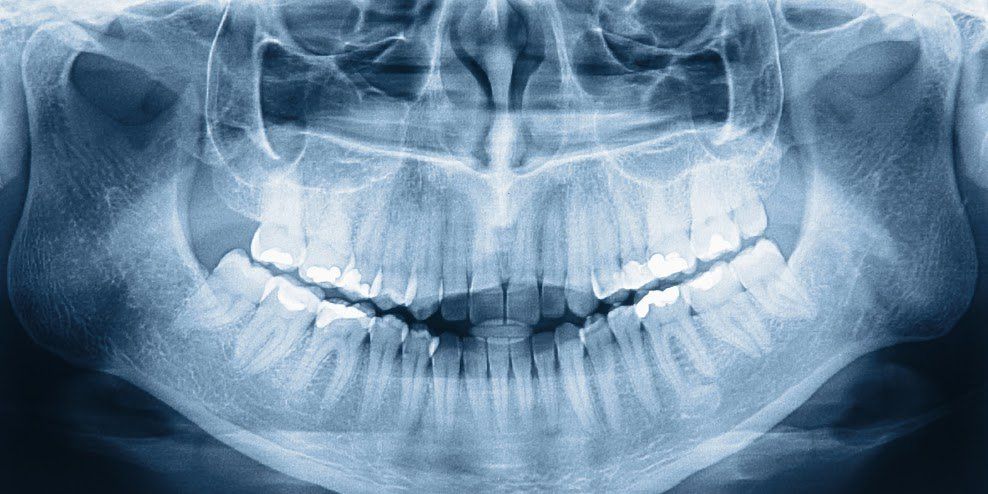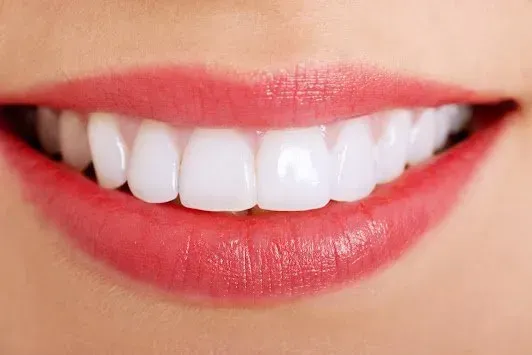ORAL HEALTH AND CANCER TREATMENTS
November 4, 2021
Most people are aware typical cancer treatments such as chemotherapy and radiation therapy can cause adverse side effects, such as hair loss or nausea that makes eating difficult. However, people may be surprised to learn these treatments can also affect your dental and oral health. Discover what cancer patients should know.
How Do Chemotherapy and Radiation Therapy Impact Oral Health?
Chemotherapy uses potent drugs to kill cancer cells. It is usually administered intravenously or by mouth. Chemotherapy works by weakening or destroying cancer cells, which can also help radiation treatments work better.
Radiation therapy uses high doses of radiation to kill cancer cells. This is the same radiation doctors and dentists use to take x-rays, but in much higher, concentrated doses than the brief, low dose for an x-ray. Radiation therapy may target a specific area or throughout the entire body. Depending on the type and location of the cancer, doctors may administer chemotherapy and radiation individually or in tandem.
Both chemotherapy and radiation treatments weaken or kill fast-growing cancer cells. Unfortunately, the cells of the mouth also grow fast. These treatments are unable to discriminate between cancerous and noncancerous cells, so they damage or destroy healthy cells as well. This can result in a wide array of adverse side effects, some of which affect the teeth and mouth.
What Kind of Oral Health Problems Occur With Chemotherapy and Radiation Therapy?
Chemotherapy and radiation treatments each present complications. The complications from chemotherapy usually stop soon after the treatment ends, whereas the complications from radiation therapy may end - or they could linger long after treatment stops.
Common Chemotherapy Oral Health Side Effects
What are some ways that chemotherapy can be detrimental to your gums, teeth, and mouth?
- Bleeding gums
- Burning or bleeding tongue
- Mouth ulcers
- Pain in mouth and gums
- Infection
- Change in taste
Common Radiation Therapy Oral Health Side Effects
Discover how radiation therapy can impact your oral health:
- Dry mouth from less or thickened saliva
- Increased tooth decay and gum disease risk
- Mouth ulcers
- Infection
- Jaw stiffness
- Bone disease
Difficulty chewing and swallowing as well as changes in the healthy bacteria that reside in the mouth are common to both treatments and may make eating and drinking more difficult.
Can You Prevent Oral Health Problems From Chemotherapy and Radiation Therapy?
Seeing a dentist before, during, and after cancer treatment can help prevent or lessen potential oral health complications. As with all aspects of cancer treatment, knowing what to expect can also make symptoms and side effects more manageable for patients.
Ideally, cancer patients should see their dentist before undergoing chemotherapy or radiation therapy. Treating any existing oral and dental issues before cancer treatments begin may reduce the severity of any potential side effects.
For example, active cavities are more likely to throw off the delicate balance of the good and bad bacteria that live in the mouth once chemotherapy or radiation therapy begins. This can lead to a bacteria overgrowth. Radiation treatment can affect bone growth, so a dentist should perform extractions first to prevent further complications.
Likewise, an ill-fitting denture or other dental appliance may increase the likelihood of future mouth sores. Because cancer treatments damage or destroy both cancerous and healthy cells, mouth sores may take longer to heal or may be more likely to become infected.
The cancer patient needs to keep their strength up, which requires eating a healthy, well-balanced diet. If you have unresolved dental issues, properly nourishing your body will be harder. By assessing and addressing dental issues before treatment begins, you can lessen the risk of complications.
Dentists can also offer preemptive treatments and prescription medications such as Corsodyl or Curasept mouthwashes. These medications help to reduce the bad bacteria that live in the mouth, which can reduce future complications. Mouthwashes to deal with dry mouth are another option.
The dentist is an integral member of a cancer care team who you should consult every step of the way.
Contact
Desert Dental today to develop an effective oral care plan.
